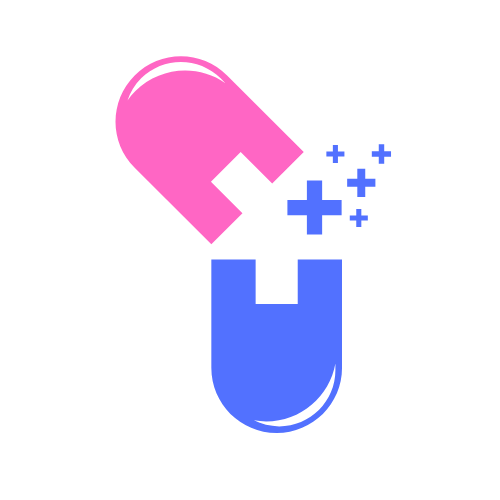
Folate and Pregnancy: Why It Matters
Are you planning to start a family? Folate, also known as folic acid, plays a crucial role in supporting healthy growth and development during this phase. Let’s explore why this B vitamin is essential during pregnancy and beyond.
The Importance of Folate in Pregnancy
Folate is vital in preventing birth defects, particularly neural tube defects (NTDs) like spina bifida, which occur in the early stages of pregnancy when the brain and spinal cord are forming. Fortunately, most of these issues can be prevented by ensuring an adequate intake of folate through food or supplements.
How Folic Acid Prevents Neural Tube Defects
The Institute of Medicine’s Food and Nutrition Board recommends that all women who can become pregnant consume 400 mcg of folic acid daily, along with a folate-rich diet, to minimize the risk of neural tube defects.
Additionally, folic acid supplementation in early pregnancy may help prevent cleft lip and cleft palate.
Protecting Your Baby’s Heart
Approximately 13 babies per day in the United States are born with congenital heart disease. While this is a heartbreaking reality, research suggests that maternal folic acid supplementation can significantly reduce the risk of these heart conditions, offering hope for expectant parents. Increased awareness and supplementation may help decrease these numbers over time.
Folate-Rich Foods: Natural Sources
Folate naturally occurs in various foods, but it is sensitive to heat and water, making careful preparation essential. Excellent sources of folate include:
- Vegetables (broccoli, spinach, green beans)
- Fruits (avocado, oranges, berries, bananas)
- Legumes (lentils, chickpeas)
- Eggs and nuts
- Juices (apple, orange)
Since dietary intake alone may not provide enough folic acid, supplementation is important, especially for those experiencing morning sickness, which can make consuming fortified foods difficult.
When to Start Taking Folic Acid Supplements
If you’re planning to conceive, it’s recommended to start taking a daily folic acid supplement at least one month before trying to conceive and continue through the first trimester. If you haven’t taken folic acid before pregnancy, start as soon as you find out you’re pregnant.
Folic Acid and Breastfeeding
Folic acid remains essential even after pregnancy, benefiting both maternal health and infant development.
Is Folic Acid Safe While Breastfeeding?
Yes! Folic acid is naturally present in breast milk and is safe for both mother and baby. The small amounts that pass into breast milk are beneficial and support infant growth.
Maternal Health and Milk Quality
Maintaining adequate folic acid levels postpartum helps:
- Prevent anemia by supporting red blood cell production
- Enhance overall well-being, which is crucial for effective breastfeeding
- Ensure breast milk provides enough nutrients for the baby
Impact on Infant Development
Folic acid in breast milk aids in:
- A healthy immune system
- Cell growth and division
- Proper infant development
For these reasons, health professionals recommend continuing folic acid supplementation during breastfeeding at the same dose as during pregnancy. Always consult a doctor for personalized guidance.
Folate vs. Folic Acid: What’s the Difference?
Folate and folic acid are two different forms of vitamin B9.
- Folate (methylfolate) is the natural, active form found in foods.
- Folic acid is a synthetic version used in supplements and fortified foods.
The issue with folic acid is that the body must convert it to methylfolate before use. However, many people struggle with this conversion, leaving unmetabolized folic acid in the bloodstream. This is why it is safer and more effective to choose methylfolate supplements instead of folic acid.
Choosing the Right Supplement
When selecting a supplement, look for methylfolate on the label with a minimum dose of 400 mcg.
Conclusion
Prioritizing folate intake is crucial before, during, and after pregnancy. Whether through diet or supplements, ensuring adequate folate levels can protect your baby from birth defects, support heart health, and promote overall well-being. It’s never too early to start taking care of yourself and your baby on this special journey!
